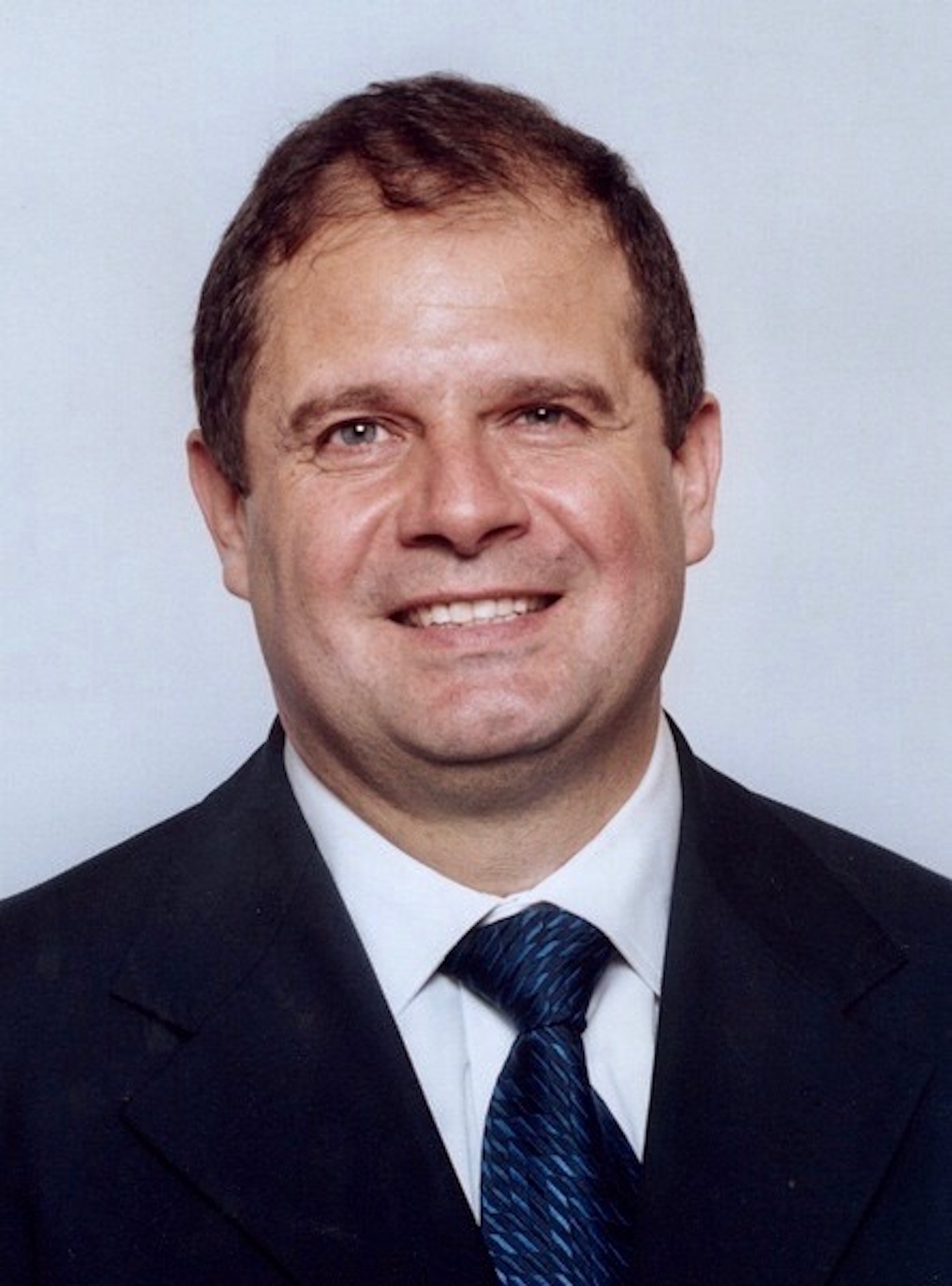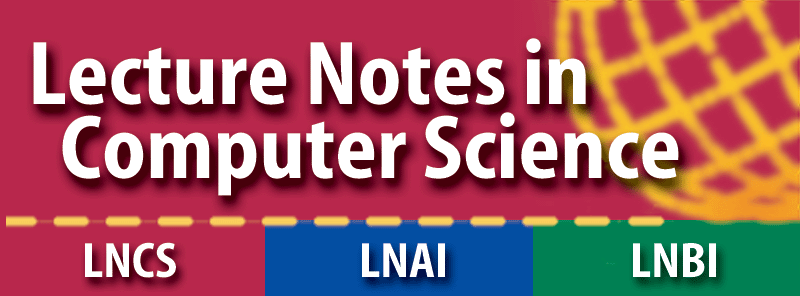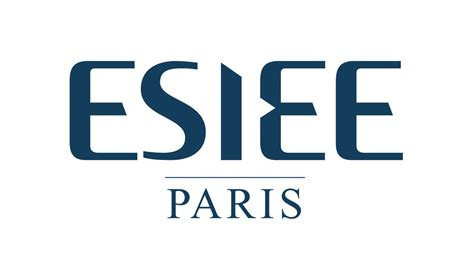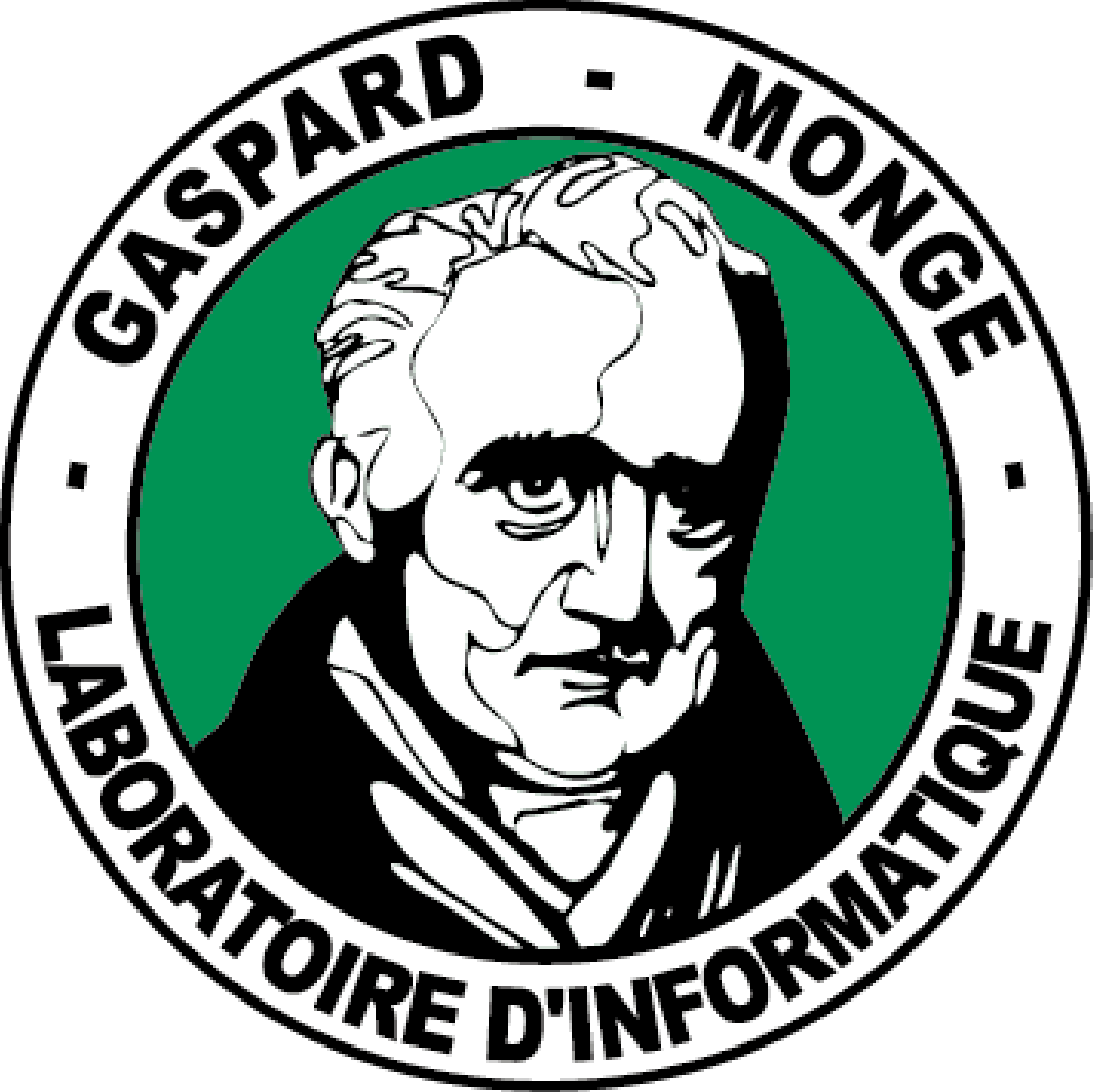
3rd International Conference on Machine Learning for Networking (MLN'2020)
Invited speaker: Prof. Fakhri Karray, University of Waterloo, Waterloo, Canada

Title: Next Frontiers in Smart Mobility
Abstract
“Intelligent/Smart Mobility” represents a corner stone and an integral part of the “Smart City Concept”. Major technological developments have been accomplished in this field, where latest tools of artificial intelligence (AI) and communication systems have been applied towards the design of new generation of autonomous vehicles (cars/trucks/machines/robots on wheels). They are fast becoming the main engines fueling progress in advanced mobility systems (intelligent mobility: IM). The main purpose of IM is to design more efficient, more intelligent, and safer transportation systems that are better suited and more adapted to the latest advances in information and communication technologies, including 5G networks and smart sensory systems connected to the Internet (Internet of things: IoT). It is expected that most modes of transportation will become soon connected to the cloud and to the ever expanding IoT infrastructure. With more than a billion vehicles on the roads today, a number expected to increase by 250% in 2050, the design of highly efficient and safer transportation systems is becoming a necessity. This is a major challenge for car manufacturers, road infrastructure planners, and transportation policy makers. For instance, it is well accepted, that building more roads and related conventional transportation infrastructure will not resolve by itself, the ever-increasing traffic congestion problems. The talk highlights newly developed technologies allowing for the design of next generation autonomous vehicles and smart mobility systems. These enabling technologies represent the core of the smart mobility concept and have become prevalent thanks to spectacular advances made in the fields of machine intelligence, smart devices, sensor networks, big data analytics and Internet of things. They allow for the design of more intelligent vehicles (L3 and L4 generations), permit safer travel journeys and enable the design of more effective and smarter transportation networks, while significantly reducing traffic congestion, road fatalities and injuries, fuel consumption and pollution. The talk outlines as well recent achievements in the field and highlights challenges toward achieving short and long-term vision of building more livable and more sustainable cities of the future.
Biography
Fakhri Karray, received his Ing. Dip degree from University of Tunis, Tunisia, and the PhD degree from the University of Illinois, Urbana Champaign, USA. He is the Loblaws Research Chair in Artificial Intelligence at the University of Waterloo and the co-director of the Waterloo Institute of Artificial Intelligence. Dr. Karray’s research work spans the areas of intelligent systems and operational artificial intelligence as applied to autonomous machines/devices and man machine interaction systems through speech, gesture, and natural language. He has authored extensively in these areas and has disseminated his work in journals, conference proceedings, and textbooks. He is the co-author of two dozen US patents, has chaired/co-chaired several international conferences in his area of expertise and has served as keynote/plenary speaker on numerous occasions. He has served as the associate editor/guest editor for a variety of leading journals in the field, including the IEEE Transactions on Cybernetics, the IEEE Transactions on Neural Networks and Learning Systems, the IEEE Transactions on Mechatronics, the IEEE Computational Intelligence Magazine. His work has been featured on Discovery Channel, CBC, Globe and Mail, The Record, Reuters, the Daily Mail, Washington Post, Wired Magazine, and DigitalTrends portals. He has served as the University of Waterloo’s Academic Advisor for Amazon’s Alexa Fund Fellowship Program and is a Fellow of the IEEE, Fellow of the Canadian Academy of Engineering and a Fellow of the Engineering Institute of Canada.







